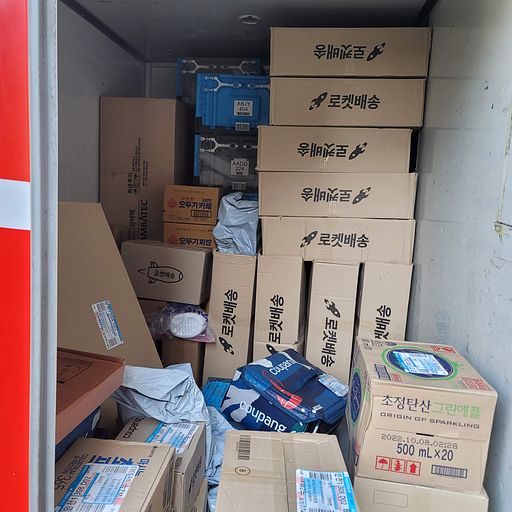2022/06/13
by Peter Coy
In a world at peace, making potato chips is just as good for a nation as making computer chips, and making movies about fighter jets is just as good as making actual fighter jets. All that matters in free trade is how much money a country earns from its efforts.
In a world at peace, making potato chips is just as good for a nation as making computer chips, and making movies about fighter jets is just as good as making actual fighter jets. All that matters in free trade is how much money a country earns from its efforts.
But with Russia grinding up Ukraine and China threatening to seize Taiwan, “at peace” is a poor description of the world today. This has prompted some new thinking about U.S. economic strategy.
This week, the Information Technology & Innovation Foundation, a research group sponsored by tech companies such as Amazon and Microsoft, announced that it had started an initiative, the Hamilton Center on Industrial Strategy. Its goal is to help fortify the ability of the United States to produce advanced technologies that are “strategically important for economic and national security,” according to its website.
The Hamilton Center is named after Alexander Hamilton, the first Treasury secretary of the United States, whose Report on the Subject of Manufactures in 1791 aimed to make the young nation stronger economically and militarily by building up manufacturing. He once wrote that government-led development “would baffle all the combinations of European jealousy to restrain our growth.”
The Hamilton Center is named after Alexander Hamilton, the first Treasury secretary of the United States, whose Report on the Subject of Manufactures in 1791 aimed to make the young nation stronger economically and militarily by building up manufacturing. He once wrote that government-led development “would baffle all the combinations of European jealousy to restrain our growth.”














.jpg)